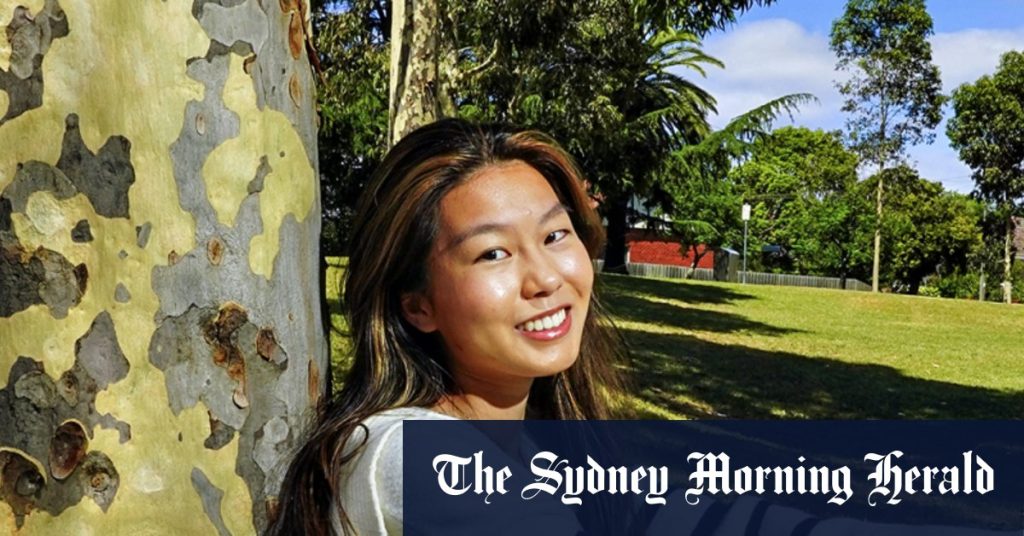The anticipation surrounding university offers reached a fever pitch for Victorian students as they awaited the Victorian Tertiary Admissions Centre (VTAC) announcements. Kate Zhang, a recent Methodist Ladies’ College graduate and International Baccalaureate (IB) diploma recipient, embodied this mixture of excitement and apprehension. While already holding an overseas university offer to study social analysis or economics alongside photography, Zhang awaited another potential offer from the University of Melbourne for a commerce degree. Her situation, however, underscored the privilege of having multiple pathways, a sentiment tinged with empathy for her peers facing greater uncertainty. Zhang expressed hope that all students, particularly those on the cusp of meeting course requirements, would receive their desired outcomes, acknowledging the anxiety that often accompanies this pivotal moment in a young person’s academic journey. With her own ATAR in the high 90s, Zhang planned to celebrate with family in China before embarking on her chosen tertiary path, highlighting the range of emotions and future prospects that define this period for graduating students.
The VTAC release marked not an end, but a transition point in the tertiary application process. VTAC chief executive Teresa Tjia emphasized the ongoing opportunities available for students who may not have received their preferred offers. The system allows for preference changes, providing a degree of flexibility and control for applicants navigating the complexities of course selection. Tjia stressed the importance of continued engagement with the VTAC system, noting that further offer rounds would occur throughout January and February. This iterative process underscores the dynamic nature of university admissions, recognizing that initial outcomes are not necessarily definitive. The message reassured those who might be disappointed with the first round of offers, reminding them that alternative pathways and second chances remain within reach.
Tjia’s message also extended to those who achieved their desired outcomes. She encouraged students to celebrate their success with family, friends, and teachers, acknowledging the supportive network that contributes to academic achievement. This emphasis on shared accomplishment underscores the collaborative nature of education, highlighting the role of mentors and loved ones in nurturing student potential. The celebration, therefore, becomes not just a personal triumph but a shared victory, recognizing the collective effort that underpins individual success. This sentiment resonates with the broader societal understanding of education as a communal endeavor, where the achievements of students reflect positively on the entire educational ecosystem.
Zhang’s personal story intertwined with the larger narrative of university admissions offers. Her perspective, representing both success and empathy for others, provided a nuanced understanding of the emotional rollercoaster experienced by many students. The combination of personal ambition, the pressure of academic expectations, and the relief of achieving desired outcomes contributes to a complex emotional landscape for school-leavers. Zhang’s acknowledgment of her privileged position, coupled with her concern for friends facing greater uncertainty, painted a realistic picture of this transitional phase. Her story highlighted the diverse experiences within the student cohort, from those securing their top preferences to those navigating alternative pathways.
The VTAC process itself played a crucial role in shaping these experiences. Its structured approach, with ongoing offer rounds and opportunities for preference adjustments, provided a framework for navigating the uncertainty inherent in university admissions. The system’s flexibility acknowledged the evolving aspirations and circumstances of students, offering a degree of control amidst the complexities of course selection. Tjia’s message emphasized this adaptability, encouraging students to remain engaged with the process even if initial outcomes weren’t as expected. The emphasis on continued engagement, alongside celebrating achieved milestones, highlighted the dual nature of the VTAC system: a source of both potential disappointment and renewed opportunity.
In conclusion, the VTAC offer release represented a significant milestone for Victorian students, marking the culmination of years of study and the beginning of a new chapter in their educational journey. The experiences of students like Kate Zhang, coupled with the guidance provided by VTAC, painted a comprehensive picture of this pivotal moment. The mix of anticipation, anxiety, relief, and celebration reflected the diverse range of outcomes and individual circumstances. The VTAC system, with its structured yet adaptable approach, played a central role in facilitating these transitions, offering support and guidance for students navigating the complex landscape of tertiary education pathways. The emphasis on continued engagement, even in the face of initial setbacks, underscored the dynamic nature of the admissions process, reminding students that multiple avenues exist for achieving their educational aspirations.

